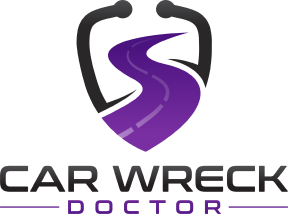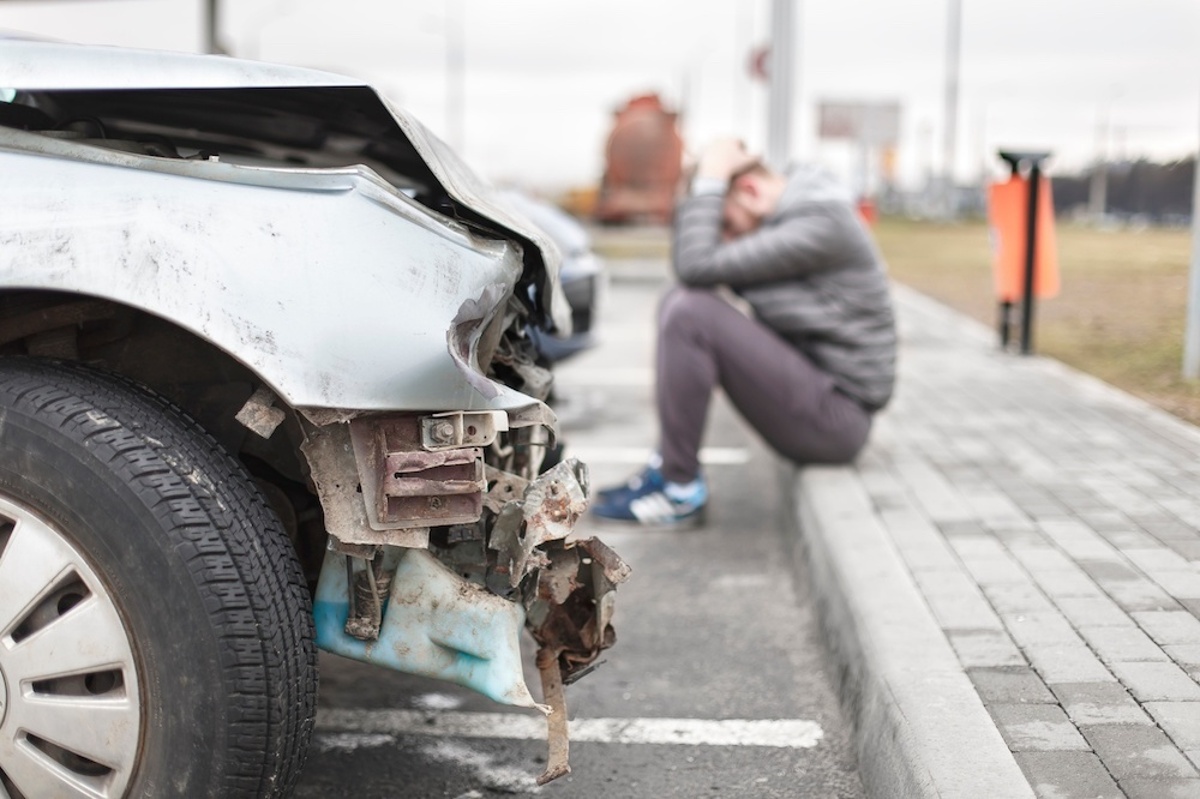It's estimated that there are over 1 million car accident fatalities every year, and another 20-50 million are injured.
Almost everyone will experience at least one car accident in their lifetime, and there is a good chance they will suffer injuries.
If you've been involved in a motor vehicle accident and don't seem to have sustained injuries, you should still seek medical care by visit an accident doctor.
Some accident injuries, like whiplash, don't have immediate symptoms.
But if they are left untreated, they could result in chronic pain, muscle spasms, and other long-term issues.
Knowing what to do after a common injury like whiplash can help protect your financial and physical health and prevent complications or long-term disability.
Table Of Contents
- What Is Whiplash?
- Common Symptoms of Whiplash
- What Should You Do Immediately After Your Accident?
- Seek Medical Treatment
- Self-care Steps You Can Perform For Whiplash
- Treat Whiplash With Car Wreck Doctor
What Is Whiplash?
Whiplash is a type of injury caused by forceful, rapid back-and-forth movement of the neck, similar to the cracking of a whip.
This type of neck injury affects the soft tissue, the muscles, the tendons, and the nerves in the neck and the spine itself..
Common Symptoms of Whiplash
Delayed whiplash symptoms are common, so you may not experience any until 12 hours or more after your accident.
While some victims will experience these symptoms mere minutes or hours after an injury, in most cases, they take days or even weeks to develop.
Common short-term symptoms of whiplash include:
- Neck pain
- Back pain
- Head pain
- Migraine headaches
- Shoulder pain
- Jaw pain
- Ringing in the ears
- Reduced range of motion in the neck
- Headaches or blurry vision
- Difficulty concentrating or sleep disturbances
Every patient is different, but the more symptoms you experience and the more severe they are, the greater the likelihood of experiencing the long-term effects of whiplash. Long-term effects could lead to neurological symptoms, muscle weakness, and chronic neck pain.
This is why you should seek medical attention after an auto accident, no matter how you feel.
What Should You Do Immediately After Your Accident?
The most important thing to do after a whiplash injury is to take it seriously and receive medical treatment as soon as possible.
Even if you feel little to no pain after the accident, you still may have a severe injury.
Here's why:
- Immediately following the accident, your body releases adrenaline and cortisol, hormones that prevent pain so you can react well during an emergency. Unfortunately, these hormones wear off, and the pain can become extreme when they do.
- You may experience swelling in the injured areas soon after your accident. This is a protective response by your body, but it puts pressure on injuries and causes stiffness and soreness.
- Whiplash injuries involve delicate soft tissue like muscles and ligaments. If the injury isn't treated right away, your normal activities will irritate it and make it worse. A minor injury can become debilitating quickly.
This is why it's best to immediately seek medical treatment and file a personal injury claim after being involved in something like a rear-end car accident.

Seek Medical Treatment
It's best to get medical help at the accident scene, especially if you are experiencing symptoms, but you can also schedule an appointment with your doctor as soon as possible for a physical exam.
Because soft tissue injuries will not show up on an x-ray or other typical imaging scans, your doctor will need to perform different types of diagnostic tests.
When you visit your doctor, explain that you were just involved in a rear-end collision so they know to check for injuries like whiplash.
Your accident doctor can diagnose your injuries and design a treatment plan to treat your whiplash symptoms.
Self-care Steps You Can Perform For Whiplash
Every whiplash injury is different, so you need to follow your doctor's instructions.
But if you'd like to do a little extra, self-care for whiplash typically includes:
- Icing the area during the first 24 hours before switching to heat
- Taking an over-the-counter pain medication like ibuprofen for pain and swelling
- Using a neck collar, a rolled-up towel, or a neck pillow while sleeping
- Avoiding strenuous activity or even regular activities that involve the injured area.
Depending on the severity of your injury and medical history, your doctors may change their recommendations.
Even when a doctor recommends the short-term use of a neck brace, they will tell you to wear it only intermittently.
They will likely recommend stretches or strengthening exercises for your neck, back, or other affected areas. If the injury is severe enough, you may need to go to physical therapy.
A combination of rest and these gentle exercises will help heal the injured soft tissue.
Too much rest or immobilization can sometimes prevent healing and lead to additional strains.
No matter what, always follow your doctor’s recommendations.
Treat Whiplash With Car Wreck Doctor
If you're suffering from severe neck pain and other physical symptoms after an auto accident and you're worried you might have a whiplash injury, you should contact a chiropractor.
Treating your whiplash right away will help you manage existing pain, restore your normal range of motion, and help resolve other symptoms.
Car Wreck Doctor will connect you with a professional team of doctors and personal injury attorneys in your local area to help you recover physically and financially.
Don't wait for chronic neck symptoms to develop before seeking whiplash treatment.
Car Wreck Doctor can get you in contact immediately with a top chiropractor and accident lawyer in your area.
Don't take chances with your health or finances; make an appointment with a Car Wreck Doctor today by clicking the button below.

References:
https://www.hauptman-obrien.net/blog/long-term-effects-whiplash/
https://ajtherapycenter.com/3-ways-to-avoid-long-term-effects-of-whiplash-after-a-car-accident/
https://www.anidjarlevine.com/faqs/what-to-do-for-whiplash-after-a-car-accident/
https://www.johnfoy.com/faqs/what-should-i-do-for-whiplash-after-a-car-accident/

